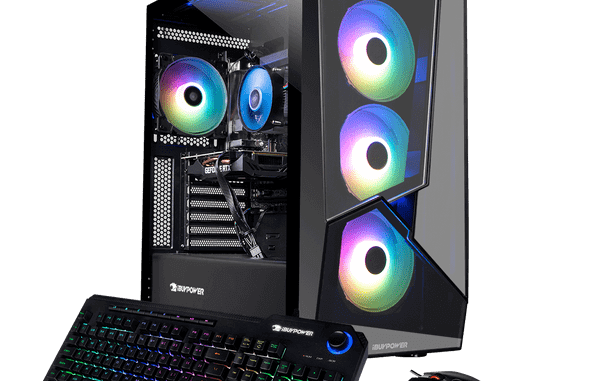
Let’s talk SSDs and the future of computational storage. The first version of a new set of standards created by the Storage Networking Industry Association (SNIA) has been issued in order to pave the way for a brand-new category of storage products called CSxes.
CSxes stand for computational storage devices. They are different from standard SSDs or hard drives in that they process data onboard. This reduces bottlenecks brought on by the requirement to transfer data between storage and the CPU, GPU, and RAM.
The new standards released by SNIA were developed to complement the efforts of software architects and other programmers. As well as to promote interoperability among the numerous CSDs now under development.
The future of computational storage
For a number of years now, computational storage has been heralded by industry players. It is seen as one of the upcoming breakthroughs in computing.
There are two main categories of CSDs. There are those that have processors built into the storage device itself. And there are those that send compute activities to a nearby storage accelerator.
Although computational storage is not suitable for all use cases, it has the potential to significantly speed up systems whose I/O performance rather than their compute performance is the bottleneck.
According to Richard New, VP of Research at Western Digital, “There is obviously a broad class of applications that benefit from offloading compute activities from a primary CPU to a more efficient processing engine that is more tailored to the specific problem of interest.”
“In the context of storage, we can classify applications like database acceleration as belonging to this group. While avoiding needless I/O and data transfers throughout the system, a video transcoding device and storage device can help a video server stream content more effectively at various quality levels.
Leave a Reply